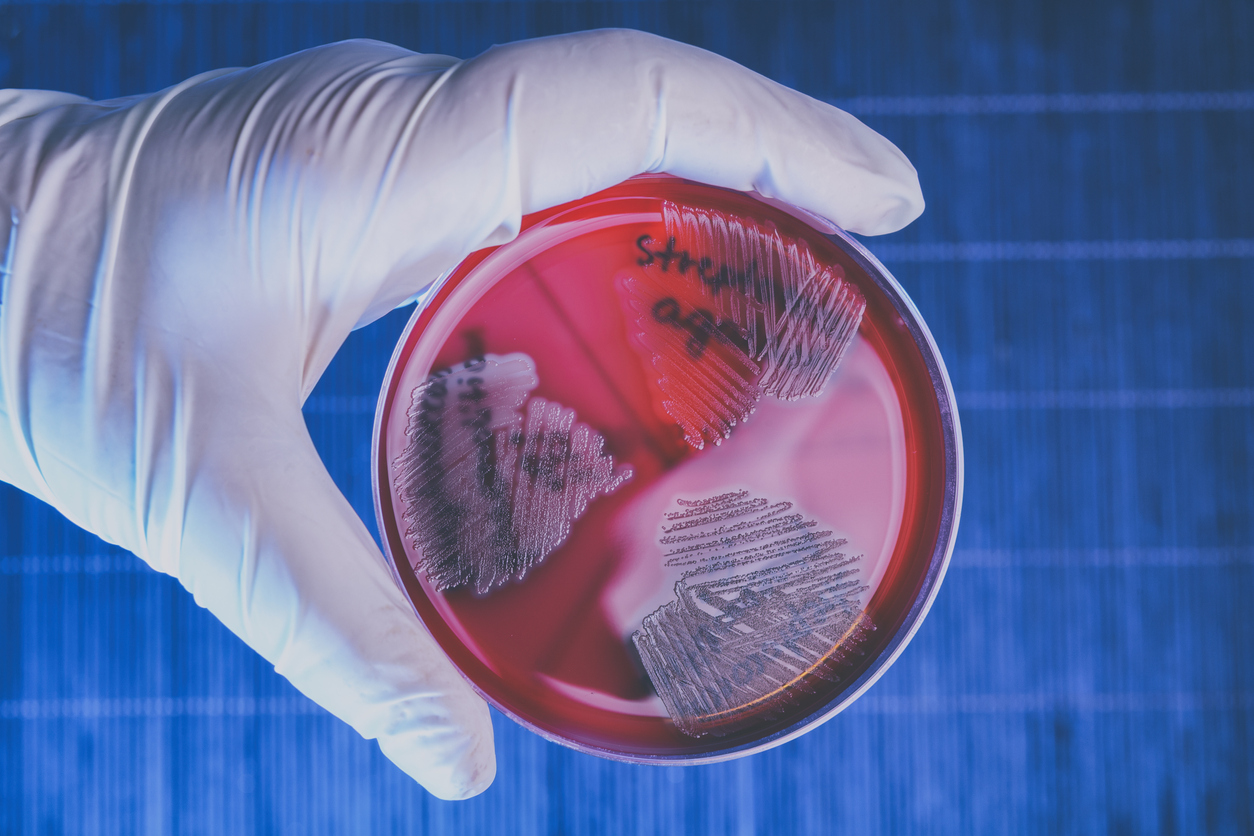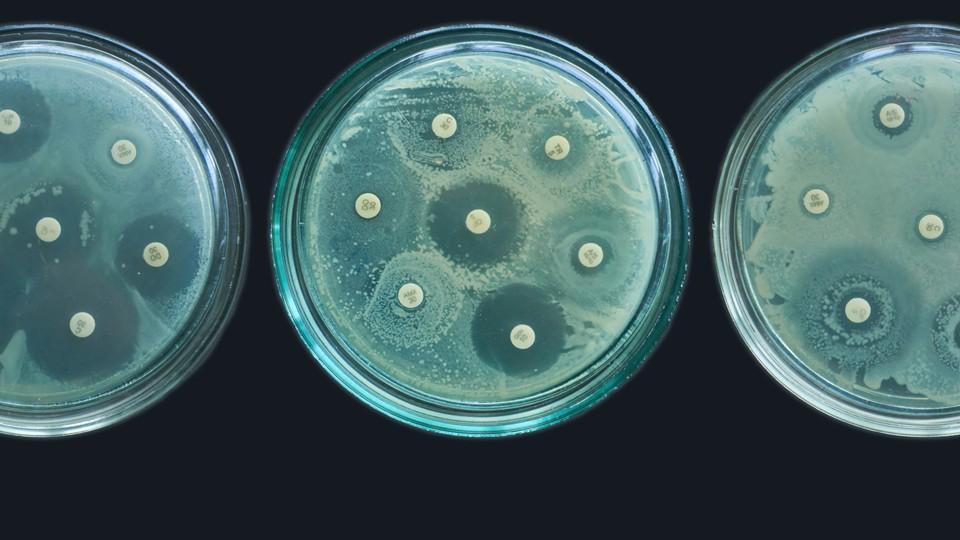UK sets aside £210m for antimicrobial resistance project

The UK Government has said it will provide £210 million in funding for a project that will track 'superbugs' in Africa and Asia, to curtail the threat posed by antimicrobial resistance (AMR).
The money from the UK's aid budget will go towards setting up laboratories, disease surveillance systems, and building up the global workforce of laboratory, pharmacy and hospital staff, said the Department of Health and Social Care (DHSC), to reduce the threat posed to the UK and other countries.
The announcement was made by Health Secretary Steve Barclay as he travelled to India for the G20 Health Ministers' meeting.
"Antimicrobial resistance is a silent killer which poses a significant threat to people's health around the world and in the UK, and will be an important topic here at the G20 in India," said Barclay. "It's vital it is stopped in its tracks, and this record funding will allow countries most at risk to tackle it and prevent it from taking more lives across the world, ultimately making us safer at home."
Antibiotic resistance is already claiming over a million lives per year and has been exacerbated by a retreat from R&D into new drugs by the pharma industry in recent decades, a consequence of the difficulty in getting a return on investment for new medicines that are often reserved for last-resort use.
A recent Biotechnology Innovation Organisation (BIO) report concluded that the current antibacterial pipeline is inadequate to meet the growing threat of antibiotic-resistant pathogens.
The UK has attempted to shift the economic model in favour of investment by setting up a subscription-based system, where antimicrobial developers are paid a fixed annual fee, even if their medicines are not used, but, so far, other countries in the G20 have not followed suit.
The new funding will support another key weapon in the fight against AMR, bolstering the surveillance capacity of up to 25 countries where the threat and burden of AMR is highest – including Indonesia, Ghana, Kenya, and Papua New Guinea.
More than 250 laboratories are set to be upgraded, said the DHSC, and some of the money will go towards genome sequencing technology that will help track bacterial transmission between humans, animals and the environment.
The move was welcomed by the Association of the British Pharmaceutical Industry (ABPI), which said continued funding "remains a key priority [and] advancing research, surveillance, and international collaboration on innovative solutions to combat AMR through a One Health approach is essential."
Claire Machin, ABPI's head of international policy and UK competitiveness, said that pharma is also contributing to the fight against AMR, having invested £1.2 billion to bring new antibiotics to market by 2030 through the AMR Action Fund.
"Commitments from both our industry and policymakers worldwide mean we can counteract the threat of AMR and secure the well-being of generations to come," she added.













